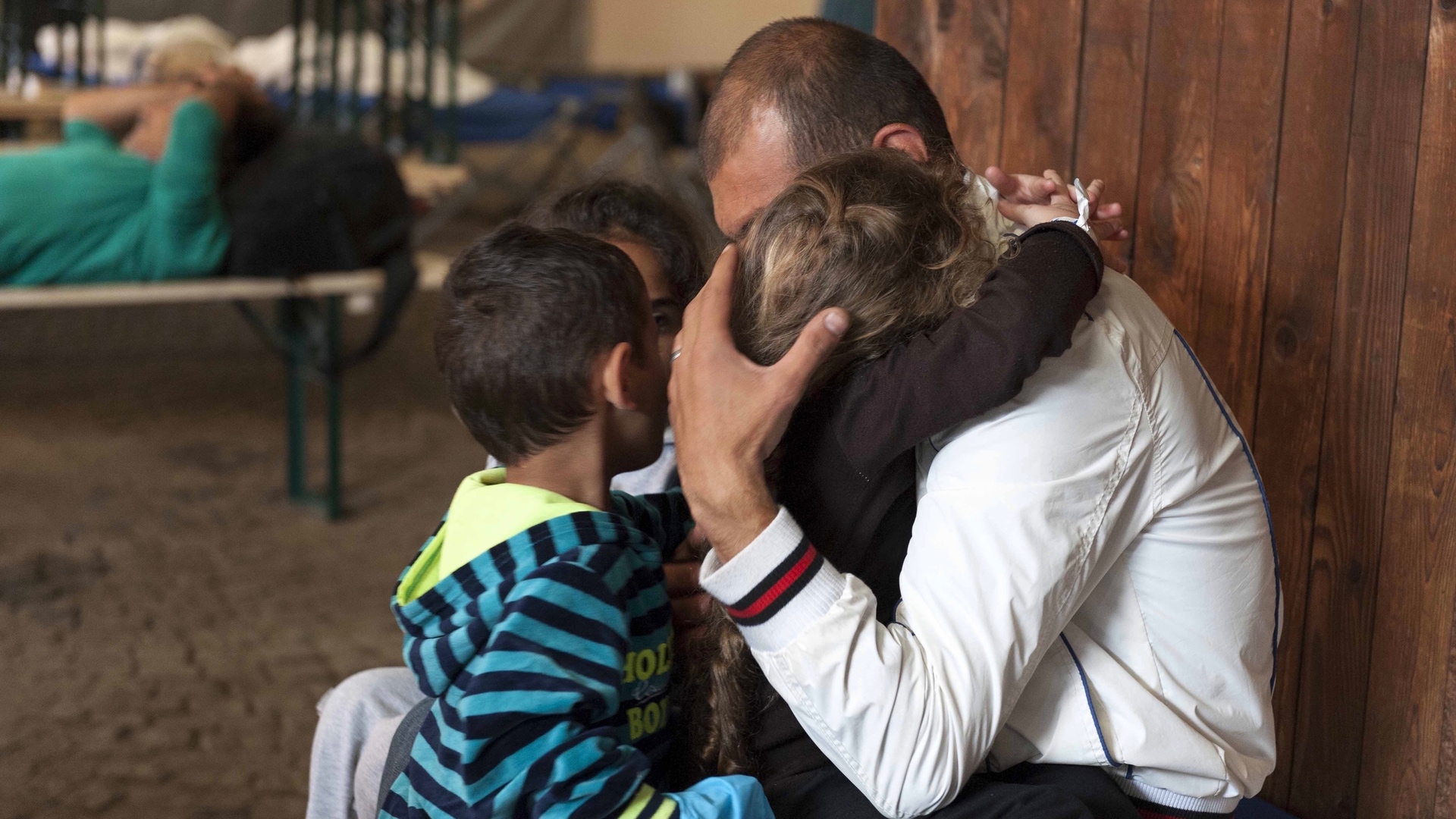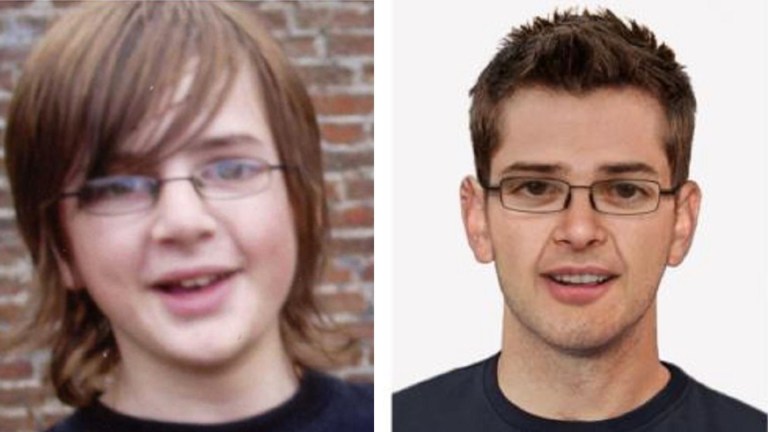The EU launched Operation Sophia in 2015 to aid the sudden influx of asylum seekers fleeing war and persecution in Syria, Afghanistan and Iraq, besides migrants undertaking the perilous crossing over the Mediterranean from Libya.
By 2017, however, motives had shifted from rescuing displaced people to preventing them from ever landing on European soil. NGO boats – branded “migrant taxis” by the Italian authorities – today face unprecedented penalties for search-and-rescue missions. For example, rescue ships face fines of €1m if they enter Italian waters. Although the move was condemned by the UN, current EU policy seems more content to see refugees drown than save them.
Perhaps emblematic of the UK’s egregious political climate and misplaced anti-migration hysteria, the Home Office has jumped aboard the EU’s strategy. Commanded by the EU’s coastguard agency, Frontex, planes or drones that hold no life-saving apparatus patrol the seas where official and NGO boats once sailed. Although Frontex refutes the growing criticism against it by asserting that drone footage is monitored by maritime experts, not one vessel has been saved since August 2018.
Has the hostile environment really gone anywhere? Learn the truth on our Blog!https://t.co/vUuM6aQcCx pic.twitter.com/ZdMGF2Lwli
— IAS Immigration (@IASimmigration) July 1, 2019
Inevitably, the death toll has increased, rocketing from a “historical average” of two per cent to 14 per cent this August, according to the German Green Party MEP Erik Marquardt. The deaths of more than 1,000 migrants have been recorded in the Mediterranean this year. This is despite the fact UNHCR figures show a dramatic decrease in those making the voyage.
The UK subscribed to Frontex’s operations in January, then Home Secretary Sajid Javid pledged £6m towards the drones, CCTV on French beaches and ports, and 24-7 night vision technology. The investment followed the Government’s previous £44.5m donation towards the construction of the so-called Great Wall of Calais to prevent another ‘jungle’ camp forming, besides round-the-clock surveillance in Dunkirk in 2018.









